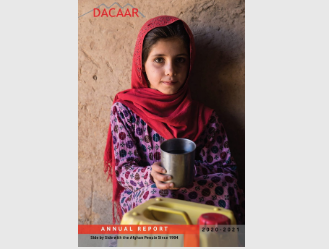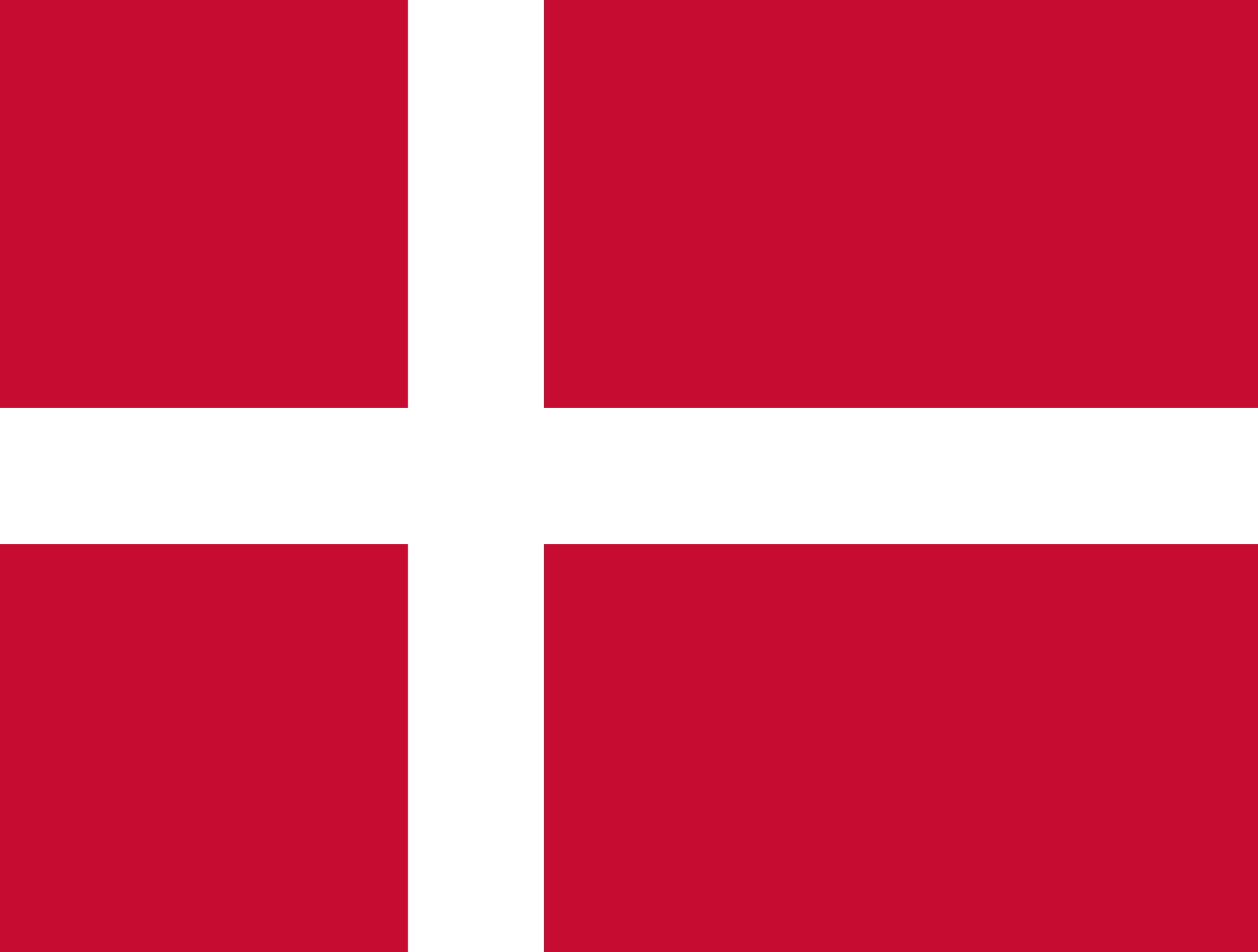DACAAR publishes its 2020-2021 Annual Report
|
DACAAR is pleased to announce the publication of its Annual Report for the years 2020-2021. In the past two years, DACAAR worked incessantly with its partners and stakeholders to address the needs of the most vulnerable and support early recovery and sustainable development for all Afghans in a context mired by conflicts, natural disasters and pandemics. The report details DACAAR’s achievements during the two years as well as challenges and issues that the organization had to tackle to be able to continue to support the Afghan people. Over the years 2020 and 2021, DACAAR carried out a variety of emergency relief, early recovery, and developmental interventions across 34 provinces of Afghanistan targeting 2,144,893 beneficiaries including 1,048,953 male and 1,095,940 female. |
 |
Water, Sanitation, and Hygiene (WASH), Natural Resources Management (NRM), Small Scale Enterprise Development (SSED), and Women’s Empowerment (WE) are the current sectors for DACAAR operations in Afghanistan. The key achievements under each sector for 2020 and 2021 (combined) are:
- More than two million affected persons (51% female) were provided with WASH services. This includes more than four hundred thousand people who received development WASH services and more than 1.6 million who received emergency WASH assistance.
- More than 6,600 farmers received agriculture, livestock, and poultry training and inputs and this has enabled them to not only meet daily household nutrition needs but also to make an income out of selling excess produce.
- A total of 900 small businesses were supported with skills, inputs, and business management education aimed at promoting business development and employment opportunities among youth and farmers. This was done through the delivery of Vocational Development Programs and the establishment of Producer Associations.
- More than 2,300 vulnerable women were supported with farming, collective business development, income-generating activities, literacy courses, life skills training, as well as training on topics such as bookkeeping, procurement, management, leadership, and business plan development.
“DACAAR considers its beneficiaries as the most important stakeholders and the main drivers of the interventions. Since its establishment, DACAAR has endeavored to be among the first responders to people affected by shocks across Afghanistan.” Said Murad Ali Madad, DACAAR’s M&E Manager on the occasion of the publishing of the report.
Please click here to download a PDF copy of the annual report 2020-2021. If you would like to have a printed copy, please get in touch with DACAAR main office in Kabul or DACAAR Secretariat in Copenhagen.
 Danish
Danish